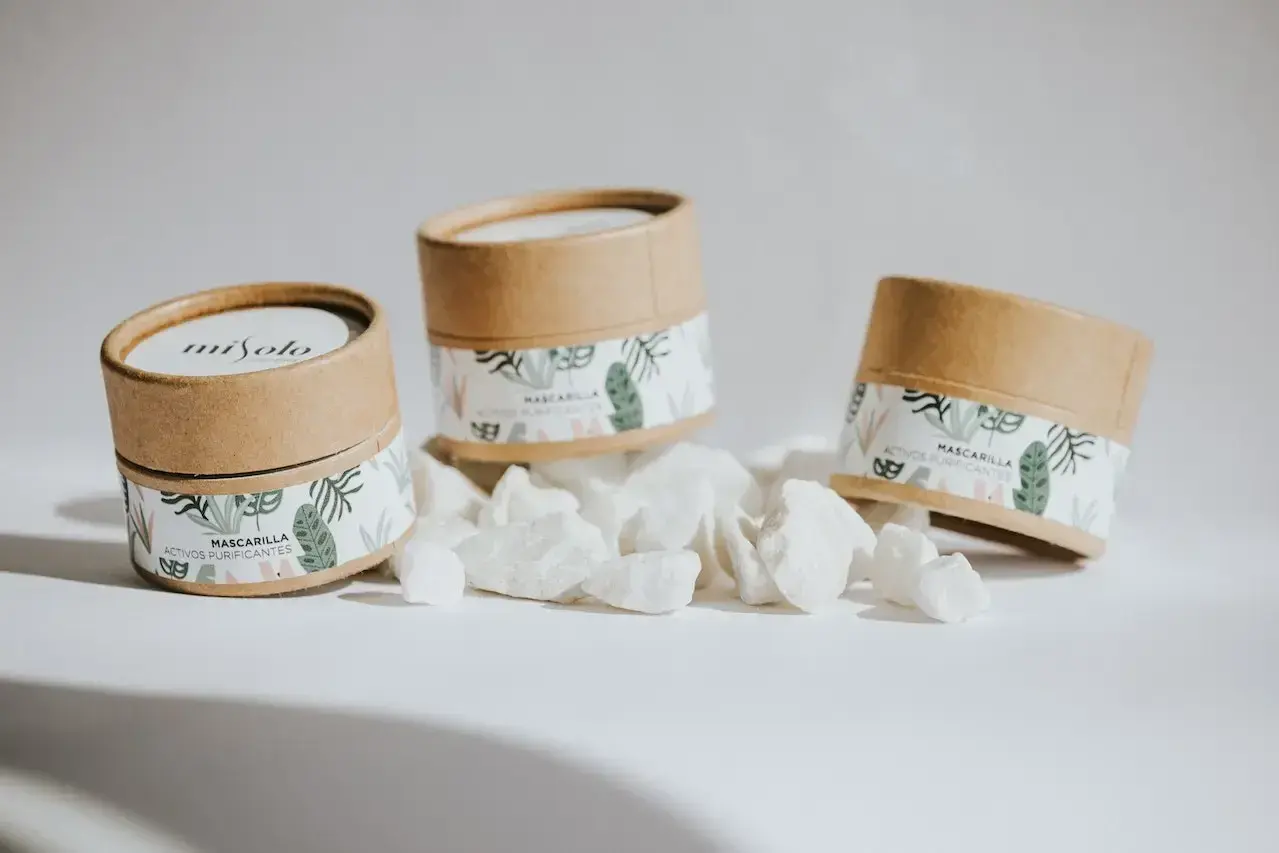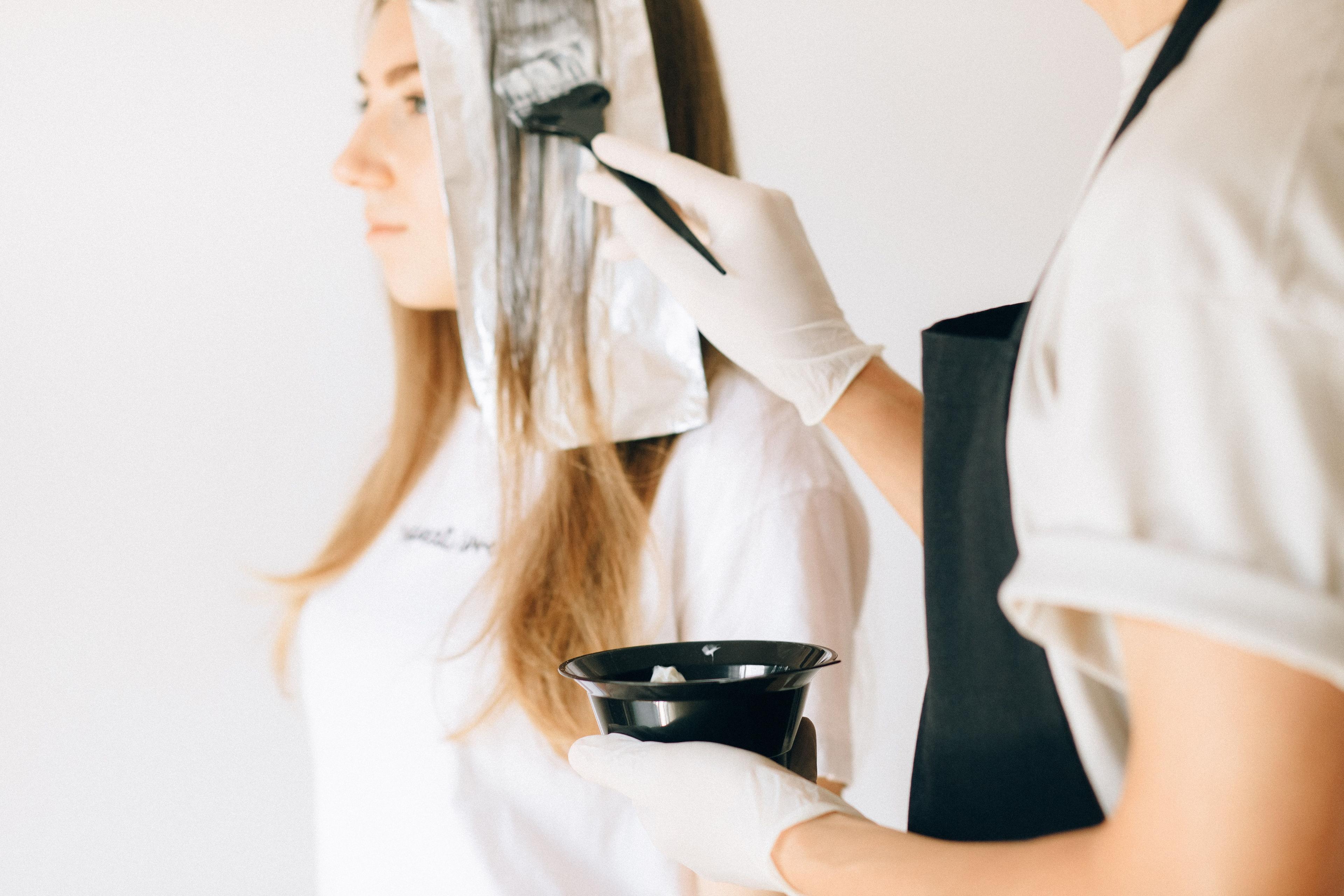Why Exfoliation Is Key to Great Skin: A Guide to Chemical and Physical Exfoliants
Exfoliation is a crucial step in any skincare routine. It helps to remove dead skin cells and impurities from the skin’s surface, leaving it looking smoother, brighter, and more youthful. There are two main types of exfoliants: chemical and physical. In this article, we’ll take a closer look at why exfoliation is key to great skin and provide a guide to the different types of exfoliants.
Why Exfoliation Is Important
Exfoliation is important for several reasons. First, it helps to remove dead skin cells from the surface of the skin. When dead skin cells build up, they can clog pores and make the skin look dull and tired. By removing these dead skin cells, you can help to reveal the fresh, healthy skin underneath.
Exfoliation can also help to boost cell turnover, which is the process by which new skin cells are produced. As we age, our cell turnover slows down, which can contribute to a dull, lackluster complexion. By exfoliating regularly, you can help to speed up this process and promote a more youthful, radiant appearance.
Different Types of Exfoliants
There are two main types of exfoliants: chemical and physical.
Chemical exfoliants use acids to dissolve dead skin cells and impurities from the skin’s surface. Some common chemical exfoliants include alpha-hydroxy acids (AHAs) like glycolic acid and lactic acid, as well as beta-hydroxy acids (BHAs) like salicylic acid. These types of exfoliants are generally gentler than physical exfoliants and can be better suited for sensitive skin types.
Physical exfoliants use a granular substance to physically remove dead skin cells from the skin’s surface. Some common physical exfoliants include sugar scrubs, salt scrubs, and microbeads. While physical exfoliants can be effective, they can also be harsh on the skin and cause micro-tears, especially if the granules are too large or abrasive.
Choosing the Right Exfoliant
When it comes to choosing the right exfoliant for your skin, it’s important to consider your skin type and concerns. If you have sensitive skin or are prone to breakouts, a chemical exfoliant like salicylic acid may be a better choice. If you have oily or combination skin, a physical exfoliant like a sugar scrub may be more effective at removing excess oil.
It’s also important to choose an exfoliant that’s appropriate for your skin’s sensitivity level. If you’re new to exfoliation, start with a gentle exfoliant and work your way up to stronger formulas. And be sure to follow up with a hydrating moisturizer to help soothe and protect the skin.










